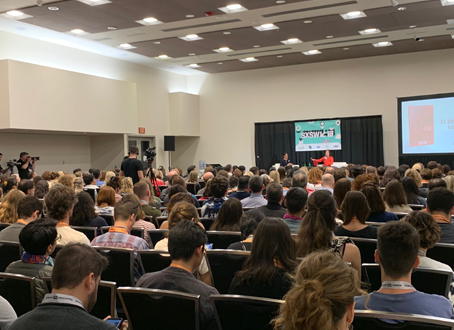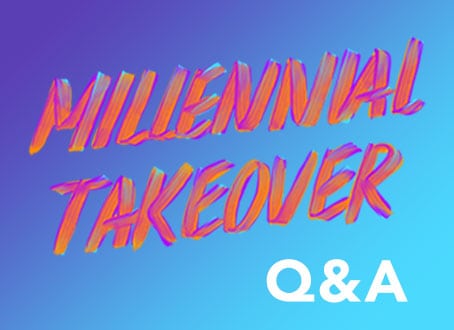Etsy is the online marketplace where independent artisans and consumers come together to buy and sell unique goods, and connect over shared tastes and visual inspiration. This B Corporation promotes both the virtues of individuality and positive social outcomes and is the focus of this week’s spotlight on Social Enterprise from the Case Foundation and Entrepreneur.com, in partnership with ImpactAlpha.
What’s so special about this company? Founded in Brooklyn, NY, in 2005, Etsy is an online network that connects entrpreneurs with customers whom they otherwise would not be able to access. As noted on its website:
“The heart and soul of Etsy is [their] global community: the creative entrepreneurs who use Etsy to sell what they make or curate, the shoppers looking for things they can’t find anywhere else, the manufacturers who partner with Etsy sellers to help them grow and the Etsy employees who maintain and nurture our marketplace.”
Over the last 10 years, Etsy has grown to become a global force with nearly 700 employees and nearly 30 million items currently available to purchase. It has a network of,19.8 million active buyers—representing nearly every country in the world, and 1.4 million active sellers, of which approximately 88 percent are women. All of these figures add up to a company that earned nearly $200 million in revenue in 2014. Although Etsy has yet to become profitable, the company has not stopped from pushing itself to achieve greater growth. In fact, on March 4, 2015, Etsy became the second B Corp to file for an initial public offering (IPO).
Through its IPO, Etsy will be able to raise up to $100 million in investments, creating an opportunity through which they will hopefully establish profitability. Of the more than 1,200 B Corps, they will be only the fourth with publicly traded stock and only the second to file as a current B Corp.
In considering all of the implications of Etsy’s IPO announcement and similar moves from social enterprises, one question has surfaced: “Will these corporate evolutions undermine companies’ social benefit objectives and vice versa, will commitments to better social outcomes undermine current shareholder profits?”
Hopefully companies like Etsy are the beginning of a larger trend that will continue to expand. As consumer interests align with social and environmental concerns, and large corporations are rewarded for committing to improving their impact while turning competitive profits for shareholders, we could see a greater number of large corporations join the B Corp movement. Similarly, it is exciting to see more B Corps like Etsy, Rally Software and Warby Parker experience the kind of growth that allows them to mature and seek greater profits and influence.
In this week’s article on Entrepreneur.com, we explore the potentially conflicting priorities that face impact companies like Etsy. What does it mean for a social enterprise to have the dual pressures of competing to attract investors through profit seeking and maintaining their social commitments? Will they prove that their social good mission doesn’t detract from profit but can actually boost revenues by driving marketing and customer loyalty?





